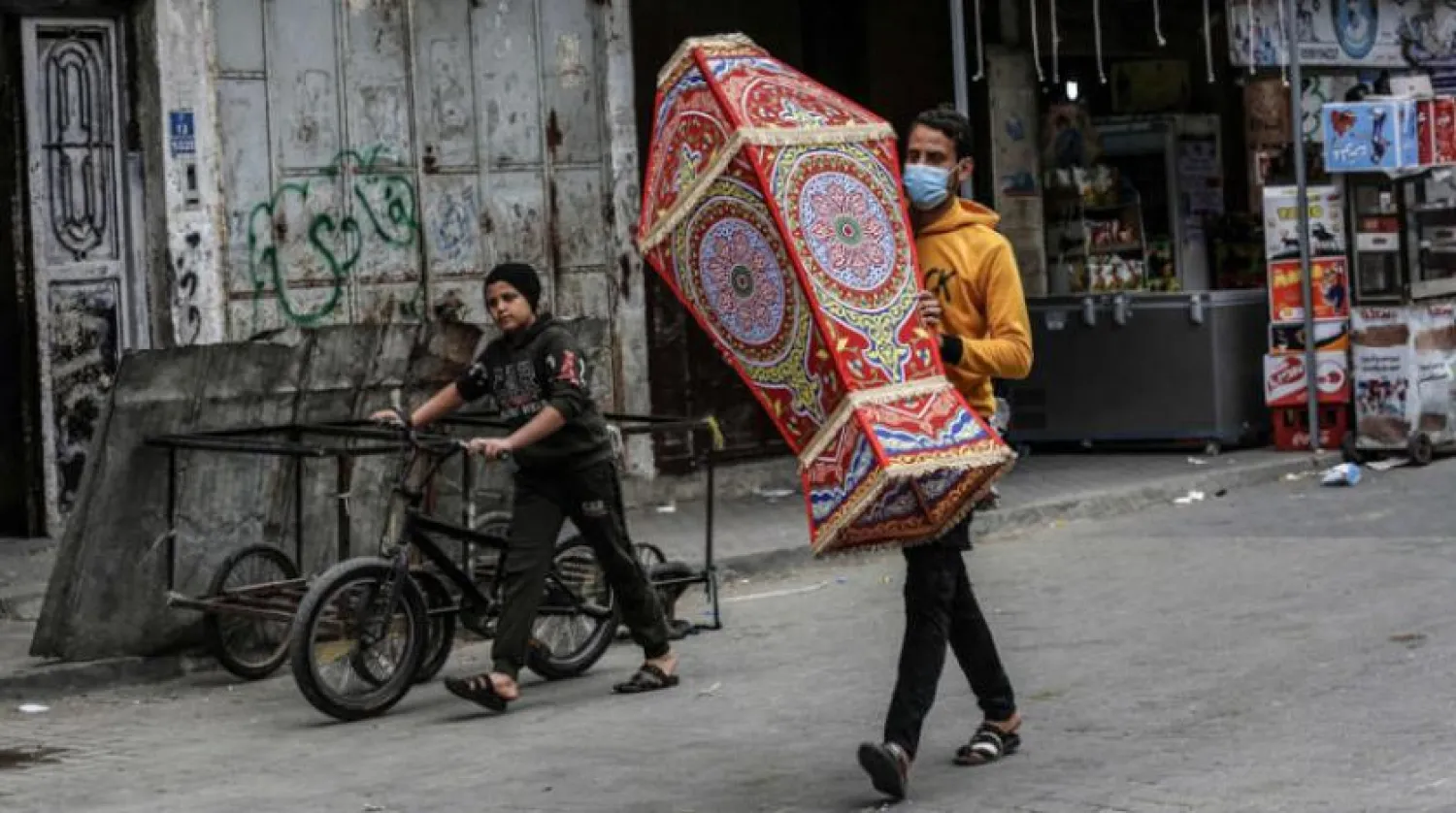The Palestinian leadership is worried that US President Joe Biden hasn't phoned President Mahmoud Abbas yet, according to Palestinian sources.
The sources told Asharq Al-Awsat that the leadership expected the call to take place sooner, hoping Biden would seize the opportunity to initiate the resumption of relations, but Washington has chosen to take things slowly.
The sources added that despite everything, the relationship with the current administration is better than the previous one.
The former administration cut all ties with the Palestinian Authority, suspended aid, closed the Palestinian Liberation Organization (PLO) office in Washington and expelled the Palestinian representative after the leadership rejected Trump's “deal of the century” peace proposal.
Since Biden became president, communications have been slowly developing between the two sides and were limited to Palestinian officials and US Deputy Assistant Secretary for Israel and Palestinian Affairs, Hady Amr.
The PA wants to establish bilateral relations with the US that are not based on relations with Israel. It also wants the US administration to fulfill its pledges to reopen its consulate in East Jerusalem, reopen the PLO office in Washington and issue a decree revoking the US designation of it as a “terrorist organization.”
The Palestinians assumed that the call would have taken place weeks ago. Abbas in the meantime refused to accept a call from US Secretary of State Anthony Blinken and demanded that Biden directly call him according to protocol, reported Israel’s Kan website.
Kan reported that US and Palestinian officials are discussing a call between Blinken and Prime Minister Mohammed Shtayyeh, or PA official Hussein al-Sheikh.
A top US official affirmed that Biden’s delayed call is not an indication of anything negative, but rather that the president is focusing on domestic issues, stressing “we take the relations very seriously.”
The official, who preferred not to be named, told the Palestinian al-Ayyam newspaper that the reinstatement of US aid is an expression of US intentions to restore the relationship with Palestinian people that were cut by the Trump administration.
He indicated that the aid would begin to flow soon, noting that the goal is to improve the security and freedom of Palestinians and Israelis immediately and in intangible ways, which is also important to advance towards a two-state solution.
He announced that each month the administration will take more steps to improve the standard of life for the Palestinian people.
On the upcoming Palestinian parliamentary and presidential elections he said they are decisions that the Palestinians make for themselves, noting that any future government must have to adhere to a two-state solution, signed agreements and renounce violence in order for the US to engage.
Asked about the reopening of the US consulate in Jerusalem, the official stressed that Washington is committed to restoring diplomatic relations with the Palestinian leadership, but there is nothing to announce regarding the consulate.
However, the administration is reviewing its “diplomatic missions and we will look into this matter.”
Biden is personally committed to the two-state solution, and “we will consider every opportunity to advance towards this solution,” he confirmed.









